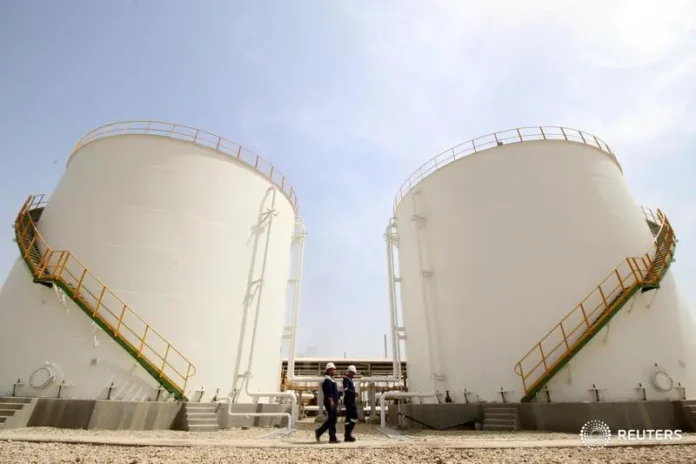Iraq’s economy is under mounting pressure as the country’s services deficit surged to $10 billion during the first half of 2025. The latest Balance of Payments report from the Central Bank of Iraq reveals that foreign currency outflows linked to services continue to challenge fiscal stability. Experts warn that without immediate intervention, Iraq may face an even larger financial gap by year-end.
Analysts note that shipping and insurance costs for imported goods account for $6.2 billion of the services deficit. Meanwhile, other services such as travel, telecommunications, and consultancy added another $3.8 billion. With these trends, projections indicate the services deficit could reach around $20 billion by December. Already, the Central Bank has withdrawn more than $6 billion from foreign reserves to cover the shortfall.
Economists stress that tackling the deficit requires urgent strategic measures. One key solution is to boost non-oil exports and limit unnecessary imports, addressing the services fiscal imbalance. This would help strengthen Iraq’s trade balance while reducing reliance on foreign currency. Another important step involves attracting significant Foreign Direct Investment (FDI) to bring additional funds into the economy.
Experts also recommend focusing on local solutions to replace costly foreign expenditures. Strengthening domestic shipping and insurance companies can reduce payments abroad. Iraq can leverage its geographic location by expanding Iraqi Airways and transforming major airports into regional transit hubs. These measures would support both trade and the nation’s Development Road vision.
Tourism offers another promising opportunity. Encouraging both domestic and international tourism can decrease the financial outflow caused by Iraqis traveling abroad, mitigating a part of the services deficit. Similarly, reviewing foreign technology and telecommunications contracts can help substitute expensive imports with local services. This approach preserves foreign currency while boosting domestic capacity.
With oil price volatility and rising import costs, the country cannot rely solely on traditional measures. Authorities emphasize urgent, non-conventional actions to contain the growing services deficit. Structural reforms, investment in local industries, and strategic planning are crucial to safeguarding Iraq’s financial stability.


